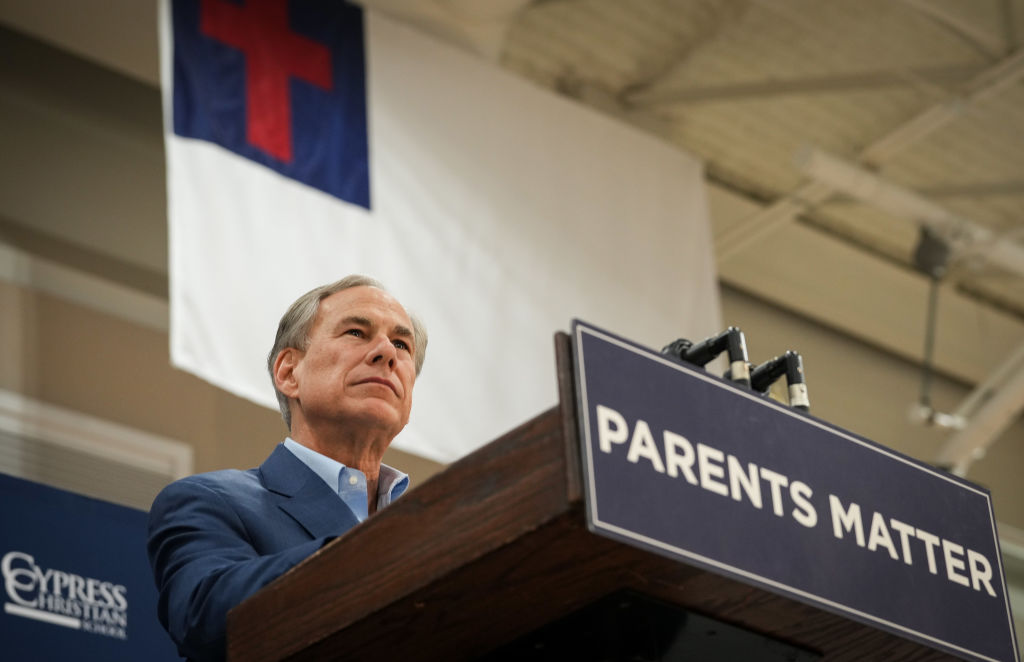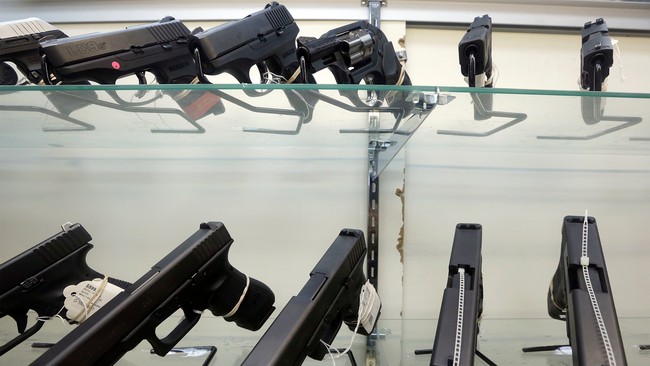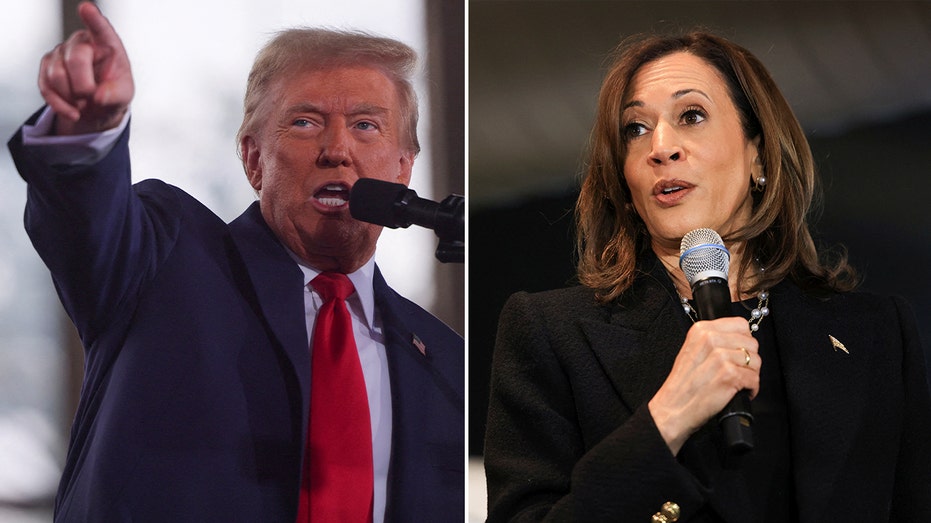
This article was originally published on The Dispatch - Politics. You can read the original article HERE

Advocates of school choice are on the verge of a big victory in Texas—the largest red state in the country without any school choice program—less than a year after the educational establishment dealt them a serious setback in the state legislature.
The issue became so important in the Lone Star State, it spurred Gov. Greg Abbott to marshal his political machine to back primary opponents against fellow Republicans who last year stood in the way of the school choice legislation. Nearly a dozen incumbent Republicans were already either forced into retirement or defeated in the March 5 primary, while four more will learn their fate this coming Tuesday in runoff elections that will decide the future of school choice in Texas.
In November 2023, 21 Republicans in the Texas House of Representatives joined all 63 Texas House Democrats present to strip educational savings accounts from a $7 billion education bill. The 84-63 vote killed the school choice program—initially capped at just 40,000 students eligible for $10,500 private-school vouchers in a state with nearly 6 million K-12 students—and also brought down the entire bill that devoted more than 90 percent of funding to public schools, including $4,000 pay-raises for public-school teachers.
Public school teachers unions and their allies argued that school choice would drain funding from public schools, and the Republicans who opposed the school choice bill tended to come from rural districts with few, if any, alternatives to public education. “The superintendents of the rural school districts are a major political force,” says Scott Jensen, senior adviser at the American Federation for Children, an organization that supports school choice. “They are the largest employer in town, have some of the best paying jobs, and they buy things from everybody else in the community.” Plus, Jensen added, “there’s Friday Night Lights”—the outsized importance of Texas high school football.
“It’s a somewhat deceptive argument to say at the same time, ‘We don’t have private schools in our districts, and if this legislation is passed it’s going to hurt our schools,’” Rice University political science professor Mark Jones told The Dispatch. “If the rural districts don’t lose any students, they don’t lose any money.” The more legitimate concern from public school advocates in rural districts, Jones observed, is that there are churches with existing infrastructure that could open up schools in rural districts if they could count on a steady stream of school-choice money.
After educational savings accounts were defeated last year, school choice advocates set out to win the argument at the ballot box, with Abbott leading the charge. “The governor had said during the whole [legislative] session, we can do this the easy way, or we can do this the hard way,” Abbott chief strategist Dave Carney told The Dispatch. “As soon as we had the vote and lost, we started to recruit and we started to go out and raise money … to run campaigns against 21 guys.” Five of the 21 anti-school choice Republicans retired, and four did not face primary challengers. Among the remaining 12 Republican incumbents who did face primaries, six lost and two prevailed on March 5, with the remaining four races heading to the Tuesday runoff.*
That gives advocates of school choice at least 74 seats—leaving them two votes shy of a majority needed in the 150-seat House—and they feel confident that they can pick up at least two more votes in Tuesday’s runoffs. “Our polling shows us in the lead in all [four] of those races,” Jensen told The Dispatch. Carney was somewhat more cautious, telling The Dispatch it’s difficult to poll races in a small number of elections occurring the day after Memorial Day. Nevertheless, Carney said: “We feel very good. We think we’re going to do well on Tuesday.”
Ousting incumbents is notoriously difficult, so why has school choice become such a potent primary issue now? Hillary Hickland, a Texas House GOP candidate who defeated an anti-school choice incumbent in the March 5 primary, points to the COVID pandemic as a catalyst that turned her into a school choice activist and eventually a political candidate. “COVID really illuminated a lot of issues for many parents when it came to education and schools,” Hickland, a mother of four, told The Dispatch. “We became aware of the level of rigor and also the content—the curriculum that was being promoted to our children.” For example, Hickland pointed to one extremely sexually explicit book that caused an uproar for being displayed in her district’s middle school. She also expressed regret that her children were subjected to a mask mandate for nearly a year after schools returned to in-person learning.
Polling data indicate school choice is a political winner for Republicans across the state. In the March 2022 Texas GOP primary, Republican made their opinions known by voting on a non-binding ballot proposition that declared: “Texas parents and guardians should have the right to select schools, whether public or private, for their children, and the funding should follow the student.” Those GOP voters backed the resolution 88 percent to 12 percent, with solid majorities voting yes even in rural districts. University of Houston polling from February found that a vote against school choice badly hurt Republicans: 63 percent of GOP primary voters said opposition to the 2023 school choice legislation would make them less likely to vote for the incumbent Republican, with little difference between urban, rural, and semi-rural counties. Just 16 percent of GOP primary votes said the opposite.
But while “school choice is a big mover,” Jensen says, it’s “not as big a mover as Gov. Abbott.” By a 64 percent to 14 percent margin, GOP primary voters said that an endorsement from Abbott would make them more likely to vote for an incumbent, according to the University of Houston poll. “Absent Governor Abbott’s strong support for school choice, that issue alone would not represent much of a problem for most of these incumbents,” said Jones. The governor spent roughly $10 million, according to Carney, on top of millions spent by groups like the American Federation for Children. Abbott was also willing to campaign against anti-school choice Republicans on a variety of issues, including border policy.
“Basically, we stole [Governor] Kim Reynolds’ playbook in Iowa, where she had this similar problem in her state Senate,” Carney told The Dispatch. “She had nine Republican senators who voted against school choice, and she went out and campaigned and won seven of the seats, and lo and behold, Iowa has school choice.”
It’s not just school choice that has roiled Texas GOP politics this year: So has the fallout over the 2023 impeachment of Texas Attorney General Ken Paxton. But only 46 percent of GOP primary voters said they were less likely to vote for a candidate who voted to impeach Paxton, while 31 percent said the Paxton vote would have no impact on their vote, and 23 percent said they’d be more likely to back a Republican who voted to impeach Paxton.
The overwhelming majority of the 60 House Republicans who voted to impeach Paxton will return to office next year, but the overwhelming majority of 21 House Republicans who defied Abbott on school choice will not. As one example of the relative salience of the two issues, Carney pointed to Republican incumbent Travis Clardy, who voted against both the Paxton impeachment and school choice and lost his seat to pro-school choice candidate Joanne Shofner 37 percent to 62 percent.
If enough remaining school-choice advocates prevail on Tuesday, it remains to be seen exactly how big of a policy win it will be for parents and children who want options beyond what public schools have to offer. “The school choice package that we will see come out of the Senate in 2025 will be more robust than that than the compromise” defeated in 2023, said Jones. “The clear goal is to eventually get school choice for all.”
“Texas is the biggest prize on the map. So on its own, it dramatically increases the footprint for school choice in America,” Jensen said. “There are only four states completely controlled by Republicans that do not have private-school choice. And I think all four of them could happen in 2025.” Idaho, Wyoming, and North Dakota are the three states beyond Texas where the school-choice movement could see victories in the coming year.
“Within the red states, we’re getting bolder, bigger programs,” Jensen said. “We are still struggling in the blue states.”
*Correction, May 23, 2024: This story has been updated to reflect the fact that two anti-school choice Republican incumbents prevailed in the March 5 primary.
This article was originally published by The Dispatch - Politics. We only curate news from sources that align with the core values of our intended conservative audience. If you like the news you read here we encourage you to utilize the original sources for even more great news and opinions you can trust!










Comments